The Rapid Science mission is to accelerate the pace and accuracy of scientific discovery through open, equitable, and collaborative practices.
Board of Directors
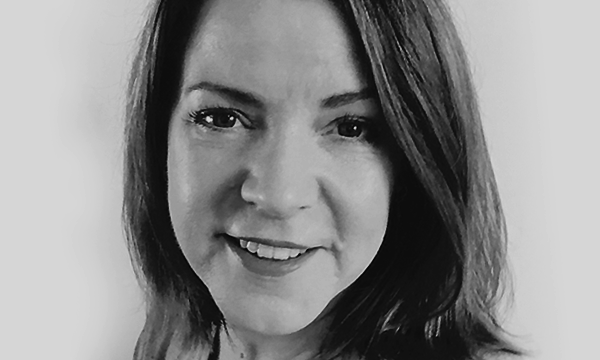
Kristen Ratan
Acting Chair & Executive Director
Kristen co-founded ICOR with Sarah Greene in 2020, and joined the Rapid Science Board in 2021. She is the founder of Stratos (Strategies for Open Science), an organization that works with partnering organizations, institutions, and funders to achieve open science goals, offering a combination of strategic planning, policy guidance, and implementation of practice and infrastructure. Kristen has a 25-year history working to accelerate advances in science and research communication. She co-founded the Collaborative Knowledge Foundation (Coko), was the Publisher at the Public Library of Science (PLOS), and also held leadership positions at HighWire Press, Atypon, and BIOSIS. Kristen is on the board of the American Institute of Physics Publishing, the Code for Science and Society, and ASAPbio and serves on the advisory board of several open source and open science projects and initiatives.

David D. Moore, PhD
Treasurer
David is a molecular biologist who has made seminal discoveries in the roles of nuclear hormone receptors in health and disease, including research that links disruption in circadian rhythm to liver cancer in mice. He began his post-doctoral career as a founding faculty member in the newly formed Department of Molecular Biology at Massachusetts General Hospital. He also joined the Genetics Department at Harvard Medical School, and while there, began his career-spanning work as a founding editor of the Current Protocols series published by John Wiley & Sons. In 1997 he moved from Boston to Baylor College of Medicine in Houston, where he served as Professor and is now Distinguished Emeritus in the Department of Molecular and Cellular Biology. In 2020 David joined UC Berkeley as Professor of Nutritional Sciences & Toxicology, a department that focuses on the metabolic biology of nutrients and toxicants in relation to human health and disease. He is an associate editor of the journal Endocrinology and a member of the National Academy of Sciences.
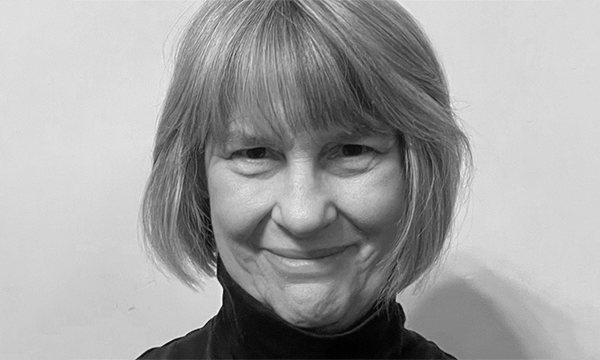
Sarah Greene
Secretary
Sarah founded Rapid Science in 2013. She is a biologist, scientific publisher, entrepreneur, and early advocate of open science. Most recently she co-founded the strategic initiative Incentivizing Collaborative and Open Science (ICOR) with RS Chair Kristen Ratan. ICOR is dedicated to formulating and implementing practical ideas that will engender a research culture grounded in openness and trust. Its origin is based on earlier work with the funding initiative Aligning Science Across Parkinson’s (ASAP), whose pioneering open policies and practices have set new standards in the biomedical funding arena.
Prior to founding Rapid Science, Sarah served as Executive Director of the nonprofit Cancer Commons, creating collaborative research methodologies on two large multi-site, interdisciplinary research initiatives. Sarah was previously editor of The Scientist magazine and served as editorial director of Faculty of 1000 when the transformative journal F1000 Research was created—the first open access journal to accept preprints and conduct fully transparent peer review and author revisions.
In her career as an entrepreneur, Sarah founded the continually updated and best-selling series Current Protocols, the evidence-based updatable Best Practice of Medicine, and the web magazines HMS Beagle and Praxis Post, which covered the intersections of culture and biology/medicine. These initiatives were sold, respectively, to John Wiley & Sons, Thomson Healthcare, and Elsevier. She also co-founded the open access Journal of Participatory Medicine (and its society) and developed innovative products at The New York Times (the Health vertical) and the New York Academy of Sciences.
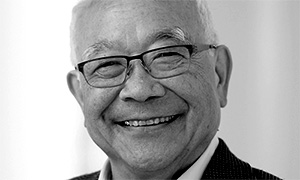
Keith R. Yamamoto, PhD
Director
Keith is the vice chancellor for science policy and strategy, director of precision medicine, and professor of cellular and molecular pharmacology at UCSF. After earning his PhD from Princeton University, Yamamoto joined the UCSF faculty. His research has focused on signaling and transcriptional regulation by nuclear receptors; he uses mechanistic and systems approaches to pursue these problems in pure molecules, cells and whole organisms. He has led or served on numerous national committees focused on public and scientific policy, public understanding and support of biological research, and science education. He chairs the Coalition for the Life Sciences, co-chairs the Science and Technology Action Committee and the National Academies Roundtable on Aligning Incentives for Open Science, is vice chair of the Advisory Council of the California Initiative to Advance Precision Medicine, and sits on the Board of Directors and Executive Committee of Research!America, the Board of Directors and Scientific Advisory Committee of the Public Library of Science, the Governing Board of the California Institute for Regenerative Medicine, the Board of Counselors for the Radiation Effects Research Foundation, and the Advisory Board for the Lawrence Berkeley National Laboratory.
Keith founded the journal Molecular Biology of the Cell and served as its editor-in-chief. He has chaired or served on many committees that oversee training and the biomedical workforce, research funding, and the process of peer review and the policies that govern it at NIH. He was elected to the National Academy of Sciences, the National Academy of Medicine, the American Academy of Arts and Sciences, and the American Academy of Microbiology, and in 2022 was named president-elect of the American Association for the Advancement of Science.
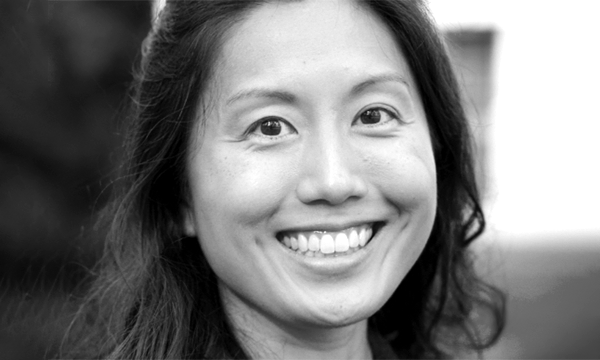
Carole J. Lee, PhD
Director
Carole works on the production and evaluation of knowledge, with a focus on peer review. She received her PhD in Philosophy from the University of Michigan and is Professor of Philosophy and Affiliate Faculty at the Center for Statistics and the Social Sciences, eScience Institute, and Center for Studies in Demography and Ecology at the University of Washington. Her theoretical work identifies new ways to conceptualize and taxonomize biases and emerging norms in peer review and the awarding of scientific “credit.” Her empirical projects have included studies on Black-white disparities in grant review at the gender disparities in funding.
Carole received First Prize for most creative submission to NIH’s Peer Review Challenge (with Elena Erosheva). In addition to her work with Rapid Science, she serves on the Board of Directors for ASAPbio and is an Advisory Board Member for the Transparency and Openness Promotion (TOP) Guidelines. At UW, she worked on the Faculty 2050 Report which identified how tenure, promotion, and hiring guidelines can better promote diversity, equity, inclusion, and the public good.
Expert Collaborators
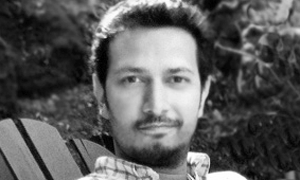
Ash Shairzay
Experience Design Consultant
Ash is a user experience design consultant and the design co-founder of CeeTOC, a collaboration platform that helps clinicians with difficult cases and develops treatment plans outside the standard of care. Over the years he has worked on several products for researchers, including the Center for Open Science, Cancer Commons, Faculty of 1000 and The Scientist magazine, consulting closely with entrepreneurs and innovators to help shape their vision. As a UX designer, he specializes in solving design challenges presented by complex and content-rich products, and as a trained philosopher, he strives to design products that are “humanity-centered” to be morally responsible of our well-being.
